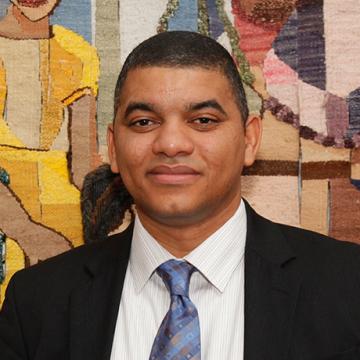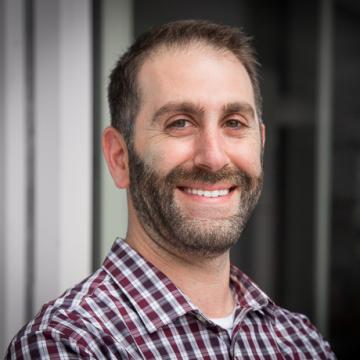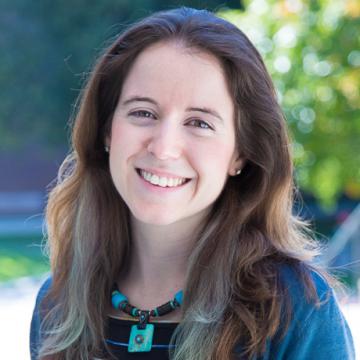

About:
Abel Djassi Amado holds a Ph.D. in Political Science from Boston University. His academic life started in his native Cabo Verde, West Africa, where he concluded Liceu (high school) in 1993. Before moving to Boston, Amado studied International Relations at the Technical University of Lisbon, Portugal. He has researched and published on the nexus between politics and language, foreign policy, and national liberation politics in Cabo Verde and Guinea-Bissau. His book Creole Language, Democracy, and the Illegible State in Cabo Verde is currently in the production stage.
Selected Text:
“Learn from life, learn from our people, learn from books, learn from the experience of others. Never stop learning.” Amílcar Cabral, Revolution in Guinea, stage 1, London, 1974, pp70-72
I have chosen to use this short text from Amílcar Cabral, the political theorist cum activist of national liberation from Guinea-Bissau and Cabo Verde. As a student of Cabral, this short quote, which captures the essence of his political philosophy indicating the inextricable connection between praxis and theory, has always been my intellectual Polaris star.


About:
I am a neurobiologist who is passionate about teaching and training scientists. I have investigated several questions related to cellular and molecular mechanisms of neurologic disease during my career. My lab now uses cellular, molecular, genetic, and behavioral approaches to identify and characterize genes that regulate the development and function of neuronal connection with the hope of better understanding how these processes can go awry in the context of disease. My overarching goal, which motivates each aspect of my role at Simmons, is to help students see themselves as capable and integral members of the scientific community.
Selected Text:
BIOL 334 Neurobiology Lab Introduction by Eric Luth
I strive to bring authentic research experience into my BIOL 334 Neurobiology lab class, and I offer this Neurobiology Lab Overview as the document that best represents my approach to scholarship. The research opportunities afforded by this course are modeled on the series of experiments I began as a postdoc and are inspired by my lab’s overarching research question: “How do genes and the environment affect how neurons form and maintain strong connections?” Student experience in this course has transitioned into capstone research and new insight into how neuromuscular signaling is regulated. Furthermore, running this course-based research experience also provides an opportunity to learn how authentic research in a classroom setting affects student attitudes toward science, sense of belonging in the scientific community, and skills critical for entry into and success in graduate and medical schools.

About:
Briana Martino's research and teaching interests span graphic medicine, mad studies, visual cultural studies, and crip/queer feminist disability studies. Their work on graphic medicine as feminist pedagogy appears in MAI: Journal of Feminism and Visual Culture and their research on graphic medicine’s shared genealogies with mutual aid practices will appear in an upcoming special issue on "Cripping Graphic Medicine" in The Journal of Literary and Cultural Disability Studies. Their current project Keywords/images in Graphic Medicine is forthcoming from Penn State University Press's Graphic Mundi imprint.
Selected Text:
Gender Queer by Maia Kobabe
Kobabe's graphic memoir, Gender Queer, was the most banned book of the 21-22 school year followed by a number of texts that similarly make visible racial, gender, and/or sexual identities, reflecting how intersections of race, gender, sexuality, and disability shape key points and impacts of cultural, political, and medical harm. In eir contribution to my forthcoming book, Keywords/images in Graphic Medicine, co-edited with Lisa Diedrich, Kobabe offers ways we may read eir graphic narrative (or create or own!) which look to minoritized identities, experiences, and practices as key points of possibility, transformation, and repair.
**Please note: Maia Kobabe's pronouns are e/em/eir

About:
Dr. Cherie Lynn Ramirez is Associate Teaching Professor in the Chemistry and Physics Department at Simmons University, where she teaches courses in biochemistry, public health, and science advocacy. She is also associate faculty at Ariadne Labs, a joint center for health systems innovation at Brigham and Women’s Hospital and Harvard T.H. Chan School of Public Health. She earned her PhD in genetics at Harvard studying site-specific nucleases and their applications in genome engineering. She completed her post-doctoral training at the Harvard T. H. Chan School of Public Health and has held appointments at the Harvard Global Health Institute and the Global Health Education and Learning Incubator at Harvard University, where she led faculty, graduate, and post-doctoral professional development activities related to global health teaching across Harvard University. After joining Simmons University, she served as the inaugural Science, Technology, Engineering, & Mathematics (STEM) faculty fellow at the University’s Center for Excellence in Teaching (CET). Among her current research projects are studying institutional mechanisms that promote healthy workplaces and improving access to medicines, including COVID-19 rapid tests, as a Collaborator of Global Access in Action (GAiA), a project of the Berkman Klein Center for Internet & Society at Harvard University.
Selected Text:
Desharnais B, Benton L, Ramirez B, Smith C, DesRoches S, Ramirez CL. Healthy workplaces for nurses: A review of lateral violence and evidence-based interventions. Journal of Applied Business and Economics, 25(6). https://doi.org/10.33423/jabe.
Rationale:
I selected this piece because promoting healthy workplaces is a core research area of mine.